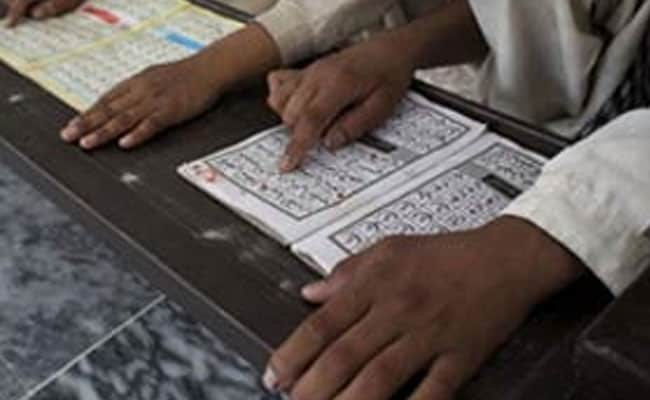 |
|
The Supreme Court of India has delivered a significant judgment concerning the regulation of madrasas in the state of Uttar Pradesh. In a unanimous decision, the apex court overturned a previous ruling by the Allahabad High Court, which had declared the Uttar Pradesh Board of Madarsa Education Act, 2004, unconstitutional. The High Court's judgment had deemed the Act violative of the principle of secularism and had called for the integration of madrasa students into the formal schooling system. The Supreme Court, however, found no merit in these arguments and upheld the validity of the 2004 Act, providing much-needed relief to the approximately 16,000 madrasas operating in the state.
The Supreme Court bench, led by Chief Justice of India DY Chandrachud, emphasized that the Act does not infringe upon the principle of secularism. The Chief Justice stated that the state has the authority to regulate educational standards, including those in madrasas, and that regulations aimed at improving the quality of education do not constitute an interference with the administrative functions of these institutions. He further clarified that the mere inclusion of religious training within the madrasa curriculum does not render the Act unconstitutional. The court recognized the Act's purpose in protecting the rights of minorities and ensuring that students acquire an education that allows them to contribute meaningfully to society.
The Supreme Court's judgment is a significant win for the madrasa community in Uttar Pradesh. It affirms the right of these institutions to function while adhering to certain regulatory standards set by the state. The court's decision highlights the importance of balancing the principle of secularism with the right to religious freedom and the state's responsibility to ensure quality education for all. The judgment is likely to have far-reaching implications for the regulation of religious educational institutions across India, reinforcing the principle that education should be accessible to all, regardless of their religious background.
Source: Madrasas In UP Can Function, Top Court Says High Court Erred In Judgment
